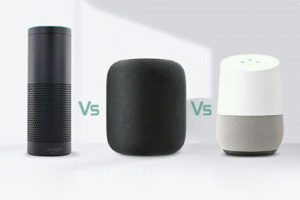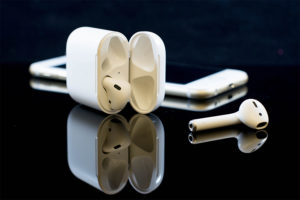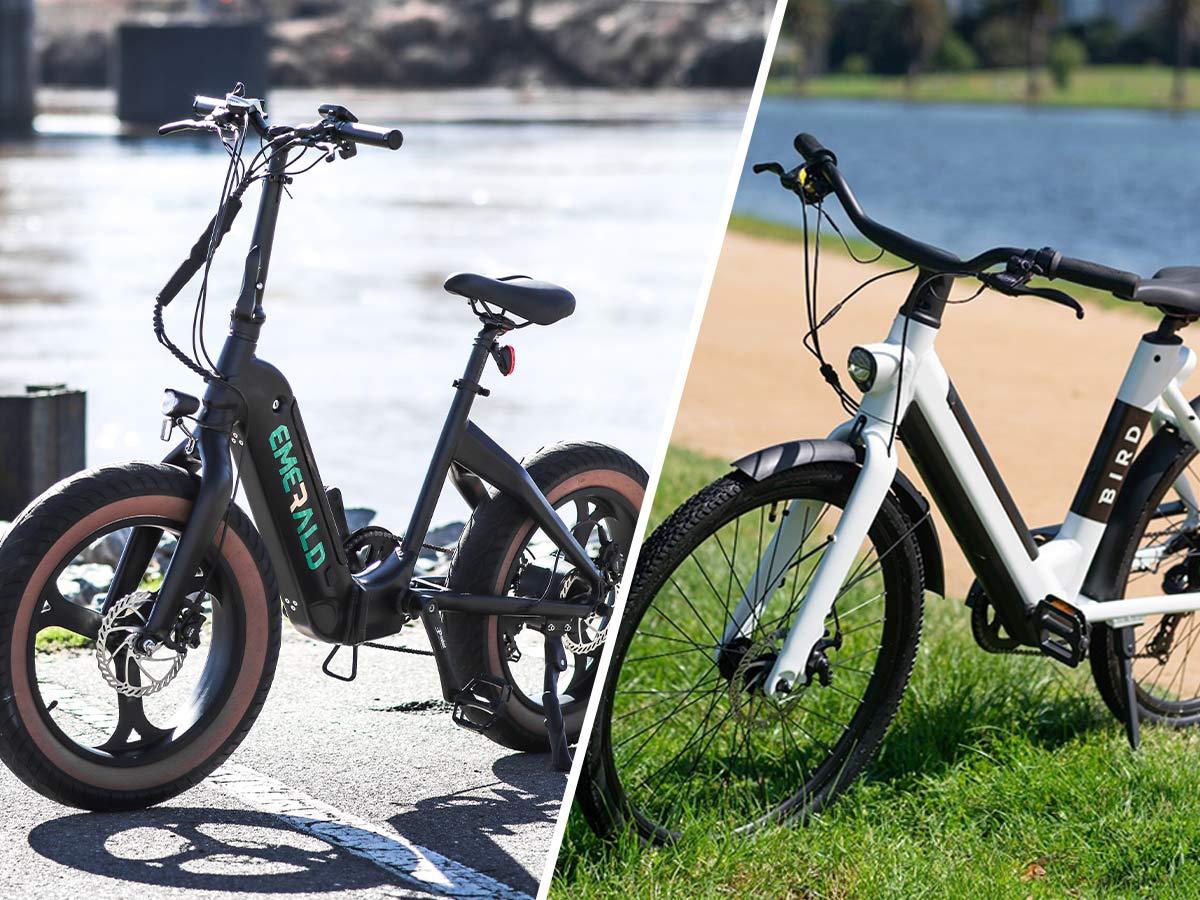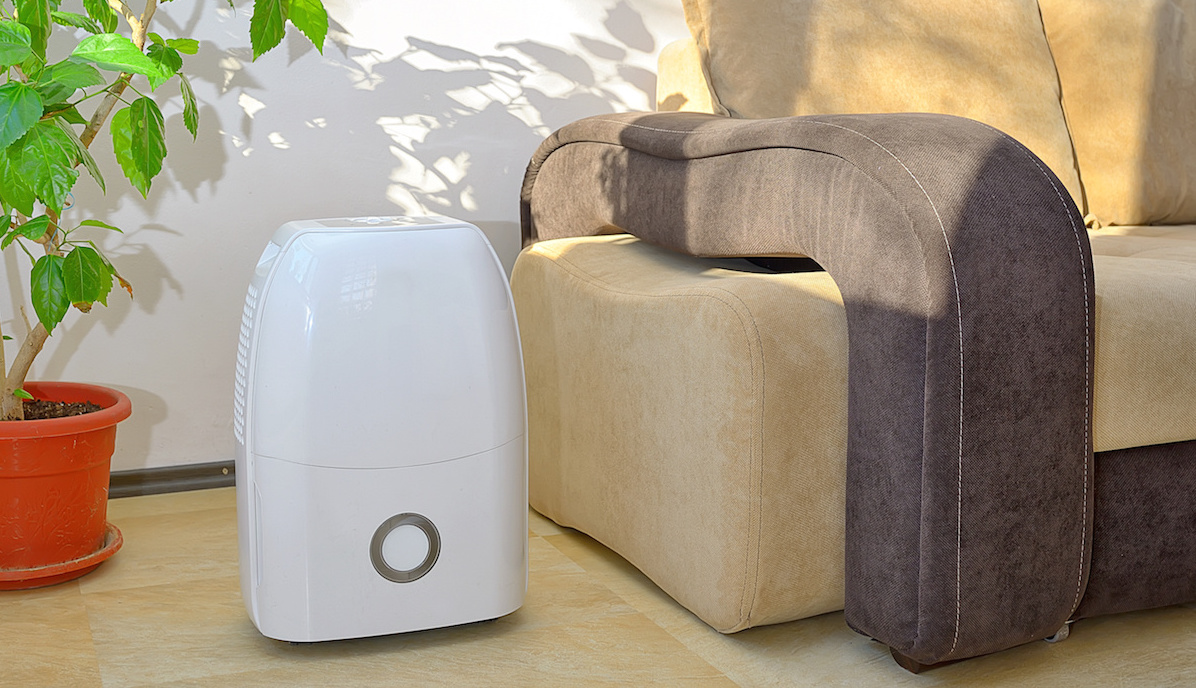Wired Headphones vs. Bluetooth Headphones
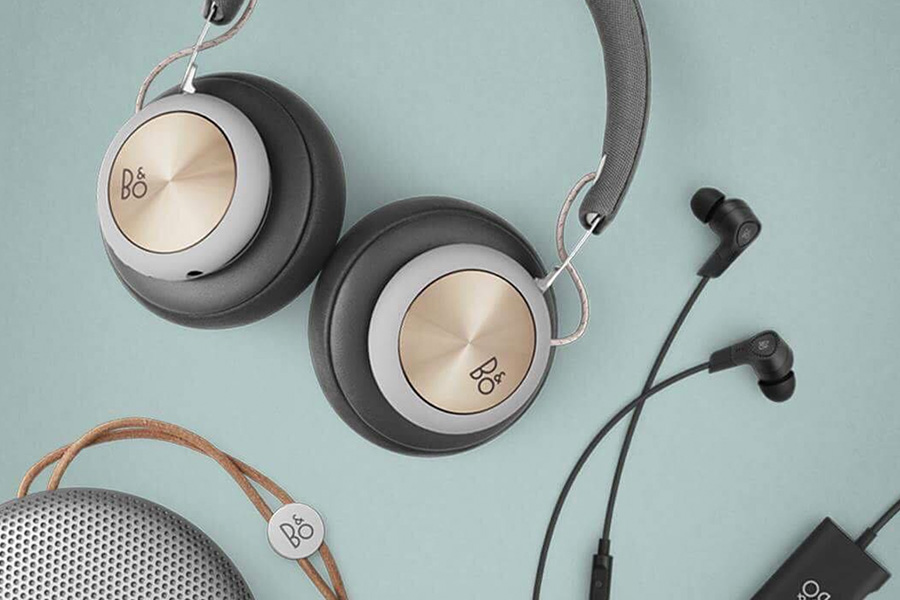
If you’re an audiophile, the thought of Bluetooth headphones may make you turn up your nose. If you’re a tech enthusiast, they may excite you. But whatever your gut reaction is, they’re becoming more prevalent all the time. It’s worth doing a little research to find out if they’re for you.
Audio Quality
You want your headphones to have the best sound quality possible, right? Well, both wired and Bluetooth headphones can deliver fantastic quality. But Bluetooth connections are capable of passing less information along than a wired headset. Moreover, different Bluetooth devices use different codecs, and some of them degrade the sound a lot more than others. Bluetooth also poses the risk of interference, since so many Bluetooth devices use the same small handful of frequencies. Nearby devices on the same frequency can make your Bluetooth headphones could cut out, become static-ey, or degrade the sound quality.
Wired headphones don’t have this issue because they’re plugged straight into the device you’re listening to. However, you need to keep the cord pristine if you don’t want any degradation. Audio quality issues usually happen with wear and tear on the product rather than frequency issues.
With all of this said, the drop in audio quality is very subtle, especially if you’re on a higher-end Bluetooth connection. You’re less likely to notice it if you’re on the go – “being on the go” is usually why most people wear headphones to begin with.
Battery Life
Nowadays, you can recharge pretty much anything from a book (e-readers) to cigarettes (vape pens). But just because we’re used to it doesn’t mean we want to. Bluetooth headphones are great, but depending on how often you use them you’ll have to recharge them every day or two. Some headsets only have eight hours of use, while others allow you to listen for up to 30 hours. Naturally, wired headphones never need to be charged. They’re plug-and-play, since back before “plug and play” was a thing. In terms of convenience in this one realm, wired headphones are much easier.
Portability
Both headsets allow you to take them wherever you want, but it’s no doubt that Bluetooth headphones are more convenient. There’s no cord to tangle, kink, or snag in your bag. There’s nothing to impede your range of motion, either. On otp of that, many Bluetooth headsets are designed to fold up for storage using a swivel motion on the earpads. When you’re not using them, they can fit in nearly any backpack or purse with ease.
While some wired headphones have the same capability, it’s not as common. And anyone who uses wired headsets knows the moment you shove them into your bag, you create an instant mess of tangles that you’ll have to spend time fixing. If you spend a lot of time on the go, it may be best to pick up Bluetooth headphones.
Compatibility
Before you buy any headset, make sure it’s compatible with any device you plan to use with it. With wired headsets, this is easy. Does the device have a 3.5mm jack? If not, then it isn’t compatible – like the iPhone 7. Bluetooth is much easier than it used to be. Most smartphones, smart home assistants, and other audio devices are Bluetooth connected. If you plan on using an older device, make sure it’s Bluetooth compatible before purchasing a headset that may not work. (The Bluetooth logo should be visible somewhere.)
Price
Both types of headsets have a range of pricing options available to you. There’s an affordable lower tier products that are great for a budget, as well as higher-end headphones for audiophiles that want perfect sound. Still, whatever price range you look in, you’ll generally get more sound quality per dollar spent with a wired set.
(Image via Instagram)

